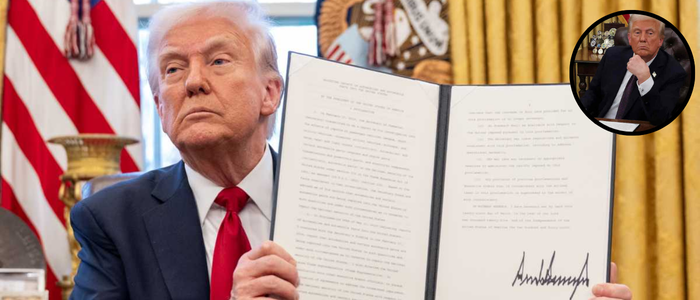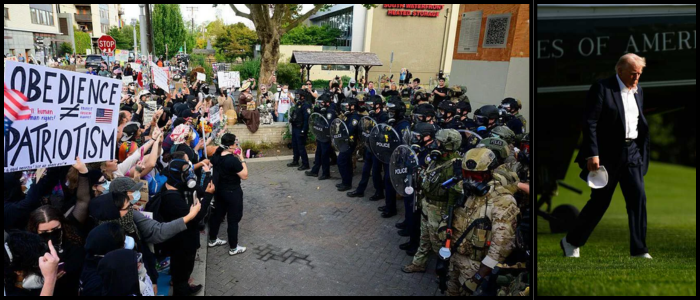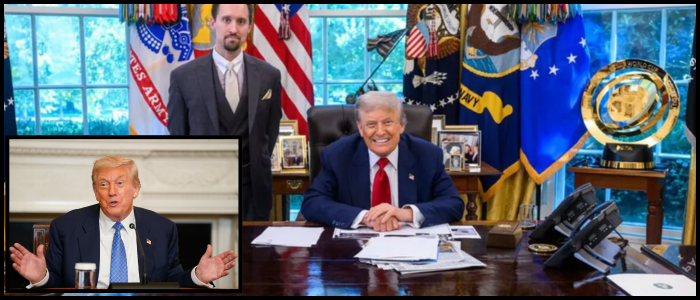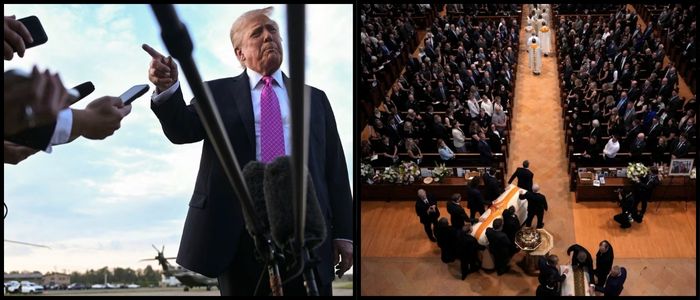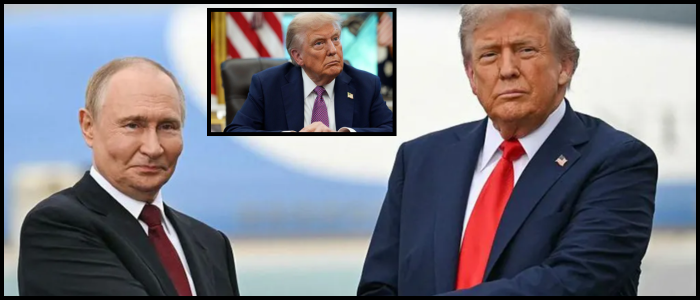Trump Cannot Use Emergency Powers to Tap Military Funds for Wall, Court Rules
The International Emergency Economic Powers Act, a law written in 1977, does not allow the president to wield power "not explicitly found in the text of the statute,'" the Court of International Trade in Manhattan said. They held that only Congress had the authority under the Constitution to regulate foreign commerce–authority that an executive order could not set aside.
The decision was in response to two cases:
1. One from the Liberty Justice Center, which includes some of the small businesses that have been walloped by the tariffs.
2. Another from a dozen US states, including New York.
The court also halted separate tariffs on imports from China, Mexico and Canada, which had been set in response to concerns about illegal immigration and drug trafficking. But the tariffs on cars, steel and aluminum, which he applied under separate legislation, are untouched for now.
What's Next?
1. The Trump adminstration has already said it will appeal the ruling.
2.Its ruling could help determine the president's future power over trade policy.
3. If it stands, the decision could restrict the power of future presidents to impose tariffs unilaterally, bypassing Congress.
Reactions and Market Response
The White House bashed the decision, saying it was a threat to executive authority. The administration will "use every lever" to respond to national emergencies, said deputy press secretary Kush Desai.
Letitia James, the New York attorney general, hailed the court's ruling, saying the tariffs were effectively a "massive tax hike" that would have deepened inflation and job losses.
Global financial markets responded with a roar of approval:
1. Asian stock markets rose.
2. US stock futures gained.
3. The US dollar rose against historically safe-haven currencies such as the Japanese yen and Swiss franc.

